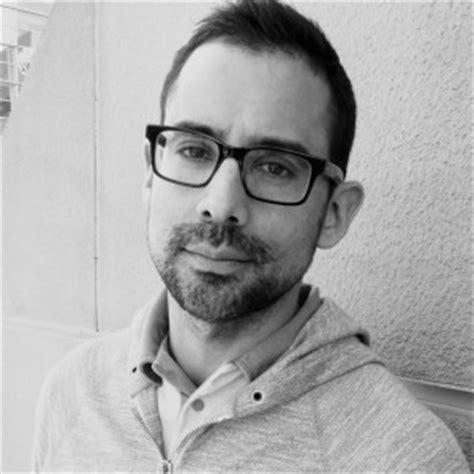A Quote by James Arthur
I don't think I did write any poems to fill narrative gaps. Not consciously, anyway. As much as possible, I try to discover my poems' subject matter through the act of writing, instead of deciding ahead of time what my poems will be about.
Related Quotes
It's true, there aren't many explicit references to Canada in my book. And not many explicit references to the U.S., either. I try to fill my poems with enough real, observed detail that the poems create a believable world - but I don't write poems for the sake of telling my own story. My life is not important or interesting enough to warrant that kind of documentary. Instead I try to use my experience as a way of understanding situations that are common to many people. I want readers to project their own lives onto my poems.
When I worked on a magazine, I learned that there are many, many writers writing that can't write at all; and they keep on writing all the cliches and bromides and 1890 plots, and poems about Spring and poems about Love, and poems they think are modern because they are done in slang or staccato style, or written with all the 'i's' small.
I think that the casual reader and the lyric and confession are trickily tied up together. I mean often when I read my students' poems my first impulse is to say, "O, the subject of this pronoun, this 'I,' is whatever kid wrote this poem." The audience for lyric poems is "confessionalized" to some extent. And I think this audience tends to find long narrative poems, for instance, kind of bewildering.
I wrote the poems in Charms Against Lightning one by one, over almost a decade, and I did not write them toward any theme or narrative. But once I really got serious about putting together a book, I began to see that in fact there were themes across the poems, if only because my own obsessions had brought me back time and again to the same ground. I realized that any ordering of the poems would determine how those themes developed over the manuscript, and how the collection's dramatic conflicts were resolved.


































